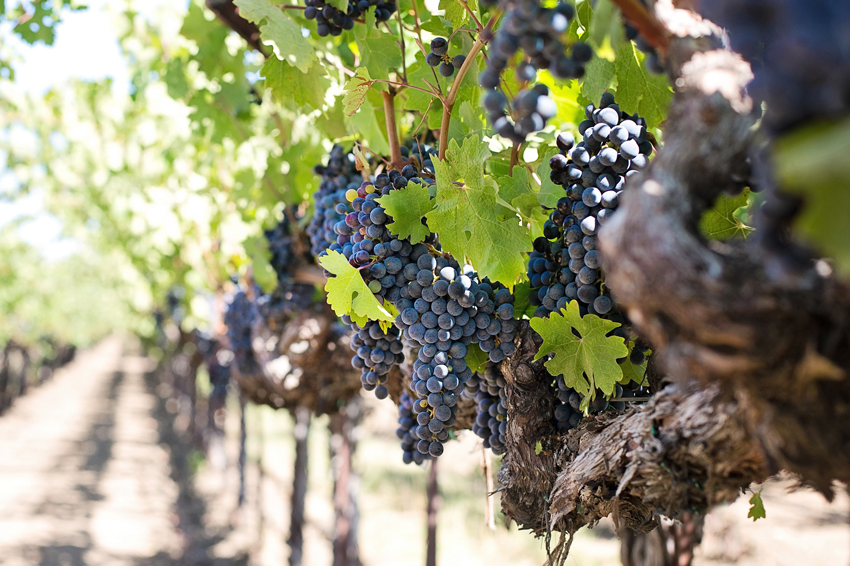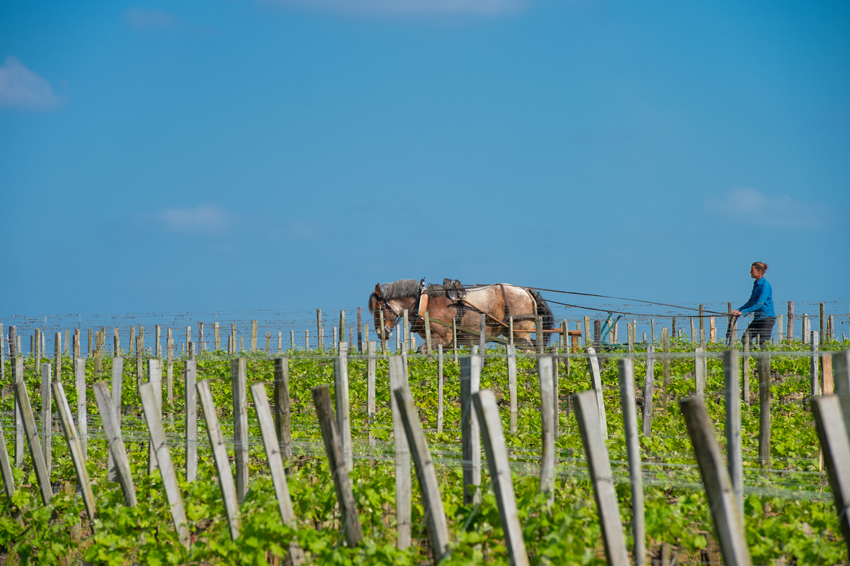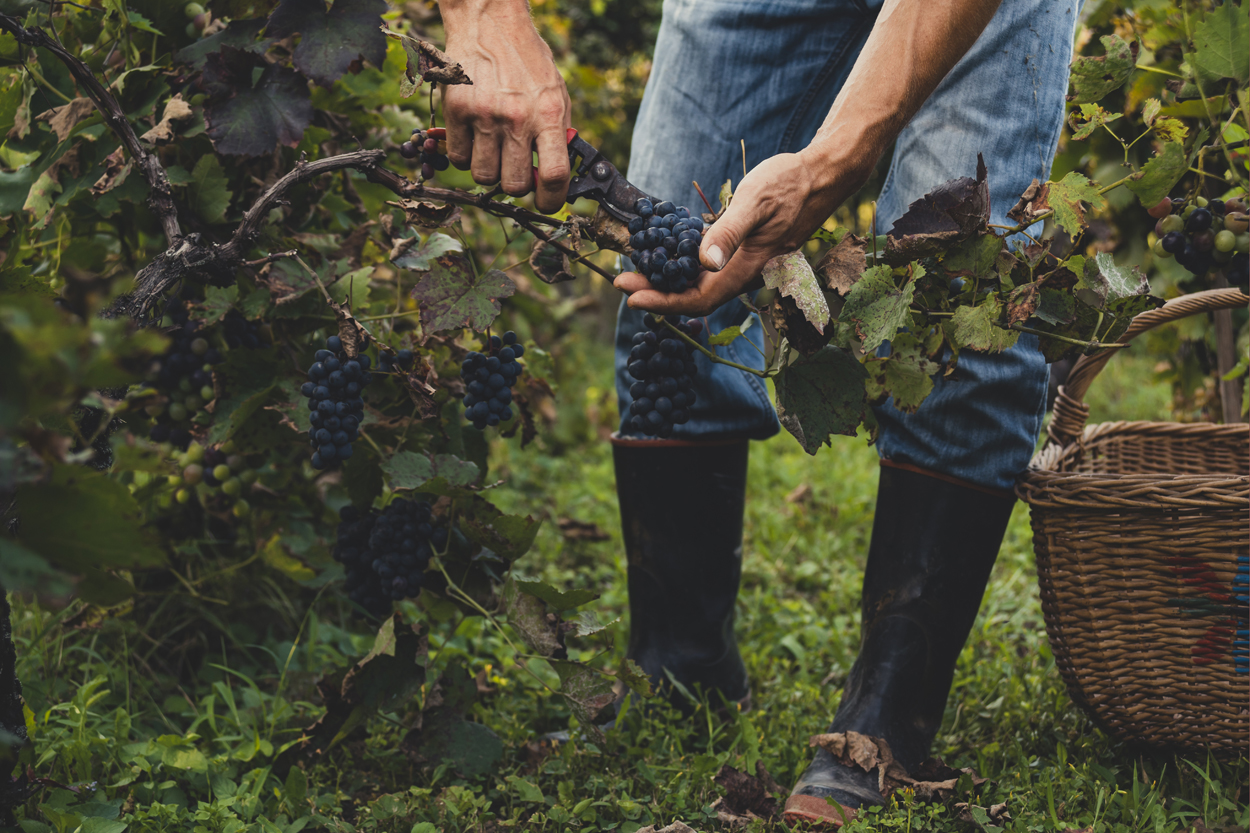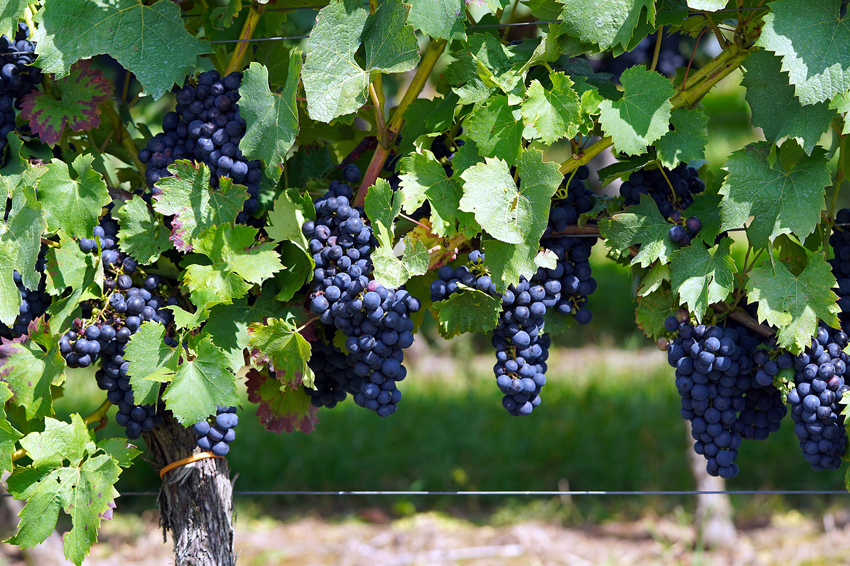Over the last decade or so there has become an audible buzz in the world of wine, building in strength year on year into what can only be called a movement. The rise to prominence of sustainable viticulture is a phenomena of our times, visible in the rapidly growing number of products on the market and the many people attending dedicated wine fairs to sample and buy them.
Increasing consciousness about the health of soils and a will to conserve vineyard areas for future generations has led to a boom in wineries cultivating small, experimental plots of land, many of them ultimately turning over their entire vineyards to sustainable viticulture. Demand has been able to keep pace with supply of these new wines as concerns mount over the effects of chemicals on human health, leading to a greater interest in environmental pedigree from the consumer.
But what should you be buying? The terminology involved in this growing industry is still poorly understood by many. Does buying wine made in a sustainable way mean a compromise in quality? What are the differences between the three main categories that are used: Organic, Natural and Biodynamic? Many people understand what is meant by Organic agriculture and this is easily the best known and largest category of the sustainably produced wine market. Organic producers focus upon the abstinence of chemical pesticides, herbicides and fertilisers on their crops and replace them with alternatives such as legume crops and manure. Organic wines (called 'biologique' or 'bio' in France) are marked by a starred leaf on bottles within the EU. However, outside the EU each country has their own way of marking an organic wine.
Biodynamic viticulture is a step further than organic agriculture, for some who do not think it goes far enough. For those who choose to explore this new and intriguing category (both producer and consumer), biodynamic viticulture is providing an exciting supply of new and high quality wines from around the globe. Biodynamic agriculture is conducted not only upon the basic principles of organic farming but also the agrarian lectures of 1920's Austrian philosopher Rudolf Steiner.
Whereas organic farming abstains from use of chemicals to grow a product, biodynamics centres upon fostering an entire ecosystem in order to harvest the by-product (in this case, grapes). It uses many unusual methods, many of which have ancient precedent, such as observations of lunar cycles. These techniques are used to plot an agricultural calendar with specific days for planting, picking and even drinking! Natural formulas are used to increase the health of the vineyard ecosystem as a whole, success being measured not only in the high quality of the wines but also the success of the estate to sustain itself. There is also a spiritual element to Biodynamics, based upon the different energies which can be found acting in the world e.g. earth or light. This tends to mean that the producers who follow biodynamics often have a deep attachment and emotion for their wines. Chateau Climens, Barsac, France uses full biodynamic practices
Although some perceive this set of principles as bizarre, as more and more winemakers switch to biodynamics there is less laughter in the room and more and more reason to take note. Wines produced on biodynamic properties are noted for having a fantastic purity of fruit and different wineries are attributing new improved characters in their wine to Biodynamic farming. Winemakers I have spoken to say they have noticed increased harmony in their wines; richness, a more marked acidity and improved balance.
Biodynamic wines are certified by either Demeter or Biodyvin but may not be marked on the bottle. Finally there are the Natural wines. Unlike Organic and Biodynamic wines, there is no certification for Natural wines, mainly because there is not yet a set-in-stone definition of what natural wines are. However the majority agree upon the following points:
- There must be little to no added Sulphites.
- Natural wines must come from certified organic or biodynamic vineyards.
- Fermentation must be undertaken by natural yeasts.
There is also some controversy regarding the quality of wines made in this way. The main principle of not adding sulphur, although in theory a good idea, means that the wines easily and quickly go past their best. It is not uncommon for 5/6 of bottles opened to have some kind of noticeable fault.
In any case, it is a brave new world and one in which not only human health but the health of our agricultural lands is being taken seriously. Bon Coeur are proud to stock an increasing selection of what we think are top quality organic and biodynamic wines. Let's raise a glass to the future.
SHOP ORGANIC & BIODYNAMIC WINES






